On Monday, Tara wrote a great post stating, “I am not my book.” If you haven’t read it yet, please do! There is so much wisdom in that way of thinking, and I’ve been thinking about how to incorporate it into my life as I move forward in my career as an author. I am certainly going to try. Unfortunately, I think for most of us separating the author from the book is much easier said than done, both as readers and as writers.
As readers, I think we tend to equate the author with the work more often than we might care to admit. We ask ourselves, “Would I like this person?” and we base our answer on whether or not we liked the book and the ideas it contained. When we love a book, we assume we’d love the author if we ever got the opportunity to meet him or her in person. (Sadly, this isn’t always the case!) If we don’t connect with a book, we assume we won’t be able to connect with its author. (Fortunately, this isn’t always the case, either!) Conversely, when we like an author in real life, we expect we will also like his or her books. And if we don’t like the author? Well, we probably won’t even bother reading the books!
As writers, it’s even more difficult to separate ourselves from our work. We pour everything we have into our books, often over the course of many years. But, no matter how long and hard we’ve worked on a project, we still see the flaws in it—flaws we either don’t have time to fix or don’t yet know how to. Or, perhaps worse, flaws we didn’t even know were there that rear their ugly heads and reveal themselves to us after it’s too late to change them. Once published, a book becomes both frozen in time and yet strangely immortal, forever associated with its creator—flaws and all.
I recently came across this quote on the Writing Quotes blog on Tumblr, which really hit home for me and helped me find a way to think about separating the author from the work:
“It’s not getting it perfect. This is taking an infinite project and turning it into a finite project. It’s about realizing it isn’t your absolute best work – because then you’d never let go of it – but it’s something you’d be very proud of.”
—Dave Cullen
(http://writingquotes.tumblr.com/post/84636205686/its-not-getting-it-perfect-this-is-taking-an)
As both readers and as writers, the trick is to remember that a book is the finite product that results from an infinite process. An author has to make all sorts of complicated decisions and compromises to force their myriad ideas into a static form. Then, knowing it will never be perfect, they have to let it go. If the author isn’t able to do any of those things, no one will ever get to read the book.
“The best is oftentimes the enemy of the good; and many a good book has remained unwritten…because there floated before the mind’s eye the ideal of a better or a best.”
—R .C. Trench
(http://writingquotes.tumblr.com/post/84770273004/the-best-is-oftentimes-the-enemy-of-the-good-and)
One thing I know for sure is that I am not willing to wait endlessly for a perfect book that can never be. I would much rather be reading—and writing—good books, right now.
As in other professions, authors too must do the best they can with what they have available at the time and with what time they have available, and that is all they can do. Their works, of course, are influenced by who they are as people. Who they are as people is in turn influenced by the work they have done. They are reflections of each other, but both are imperfect images.
So, am I my book? Are you yours? Yes and no. Partially, but not completely. As much as I want to keep the two separate, they seem to keep getting tangled up with each other again.
Let’s just say… “It’s complicated.”
 Laurie Ann Thompson’s debut young-adult nonfiction, BE A CHANGEMAKER: HOW TO START SOMETHING THAT MATTERS, will be published by Beyond Words/Simon Pulse in September, 2014. She also has two upcoming picture books: EMMANUEL’S DREAM, a picture-book biography with Schwartz & Wade/Penguin Random House (January 2015), and MY DOG IS THE BEST, a fiction picture book with Farrar, Straus, & Giroux/Macmillan (May 2015). Please visit her website, follow her on Twitter, and like her Facebook page.
Laurie Ann Thompson’s debut young-adult nonfiction, BE A CHANGEMAKER: HOW TO START SOMETHING THAT MATTERS, will be published by Beyond Words/Simon Pulse in September, 2014. She also has two upcoming picture books: EMMANUEL’S DREAM, a picture-book biography with Schwartz & Wade/Penguin Random House (January 2015), and MY DOG IS THE BEST, a fiction picture book with Farrar, Straus, & Giroux/Macmillan (May 2015). Please visit her website, follow her on Twitter, and like her Facebook page.


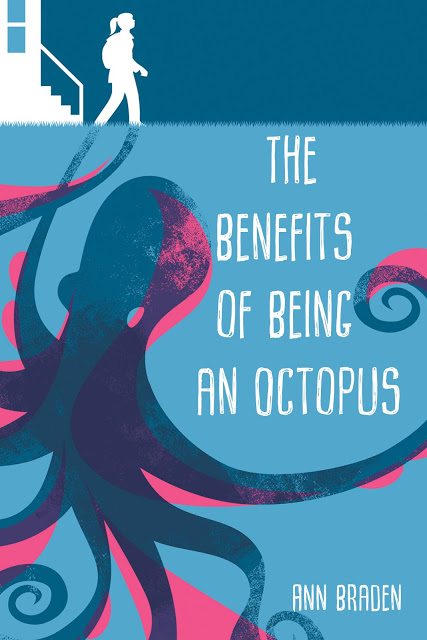

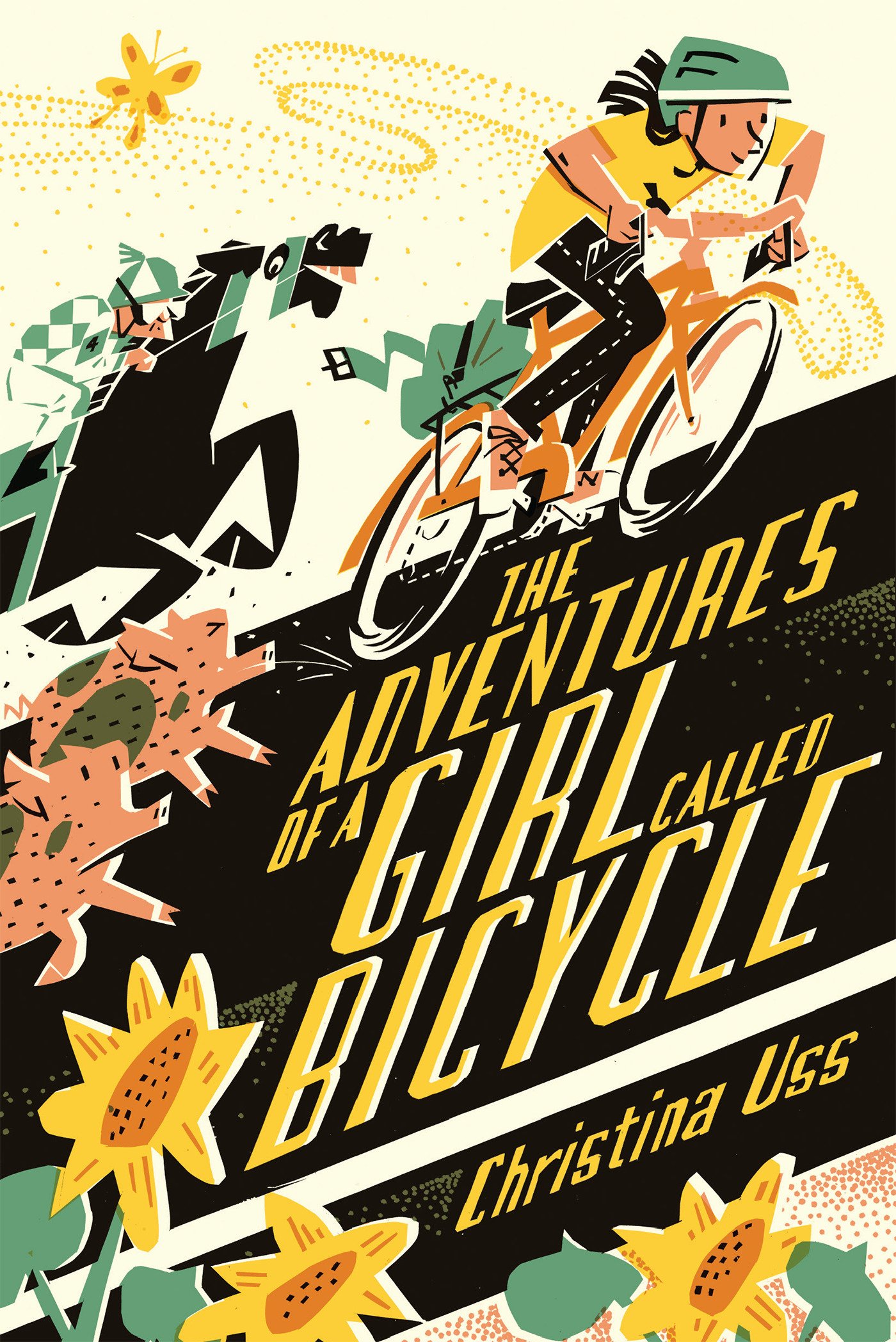






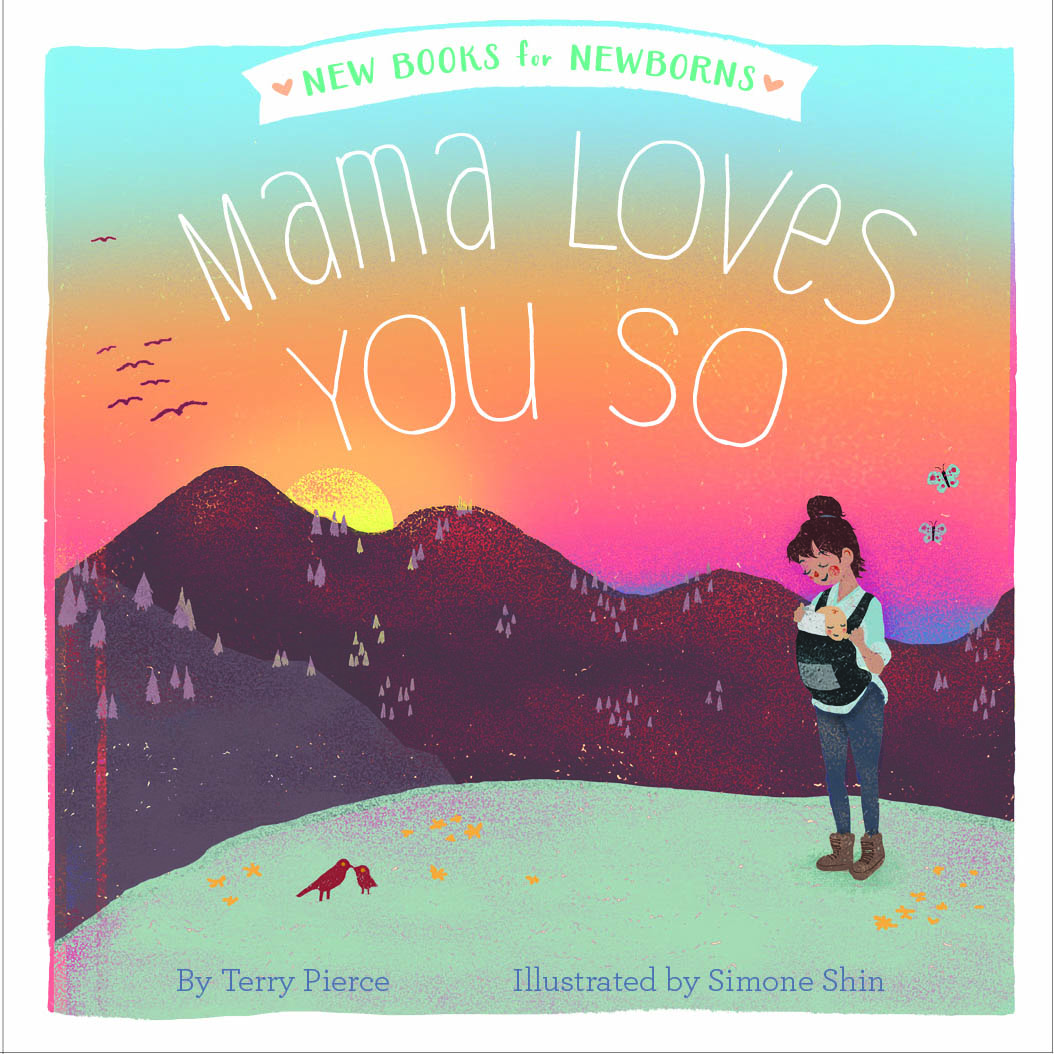
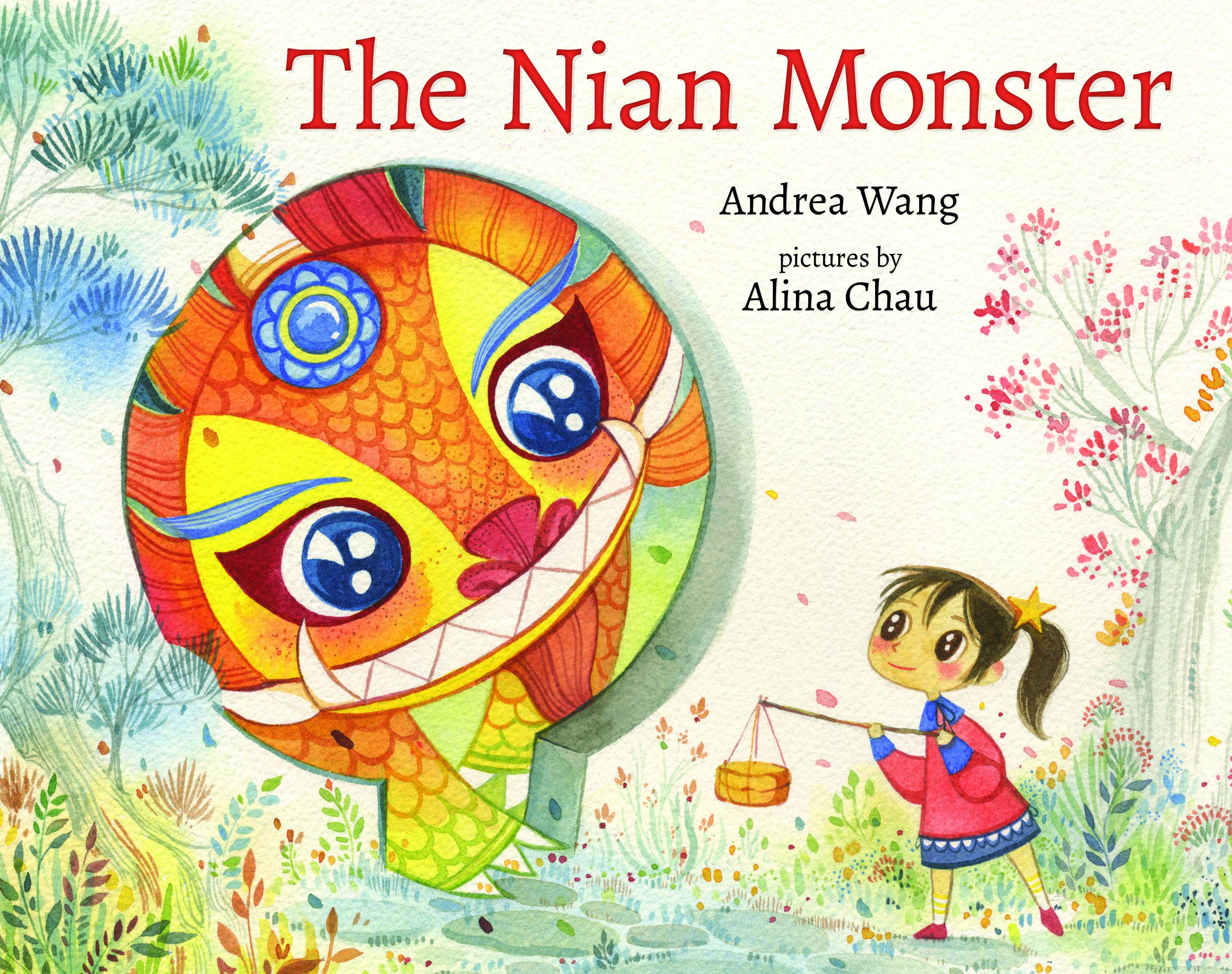
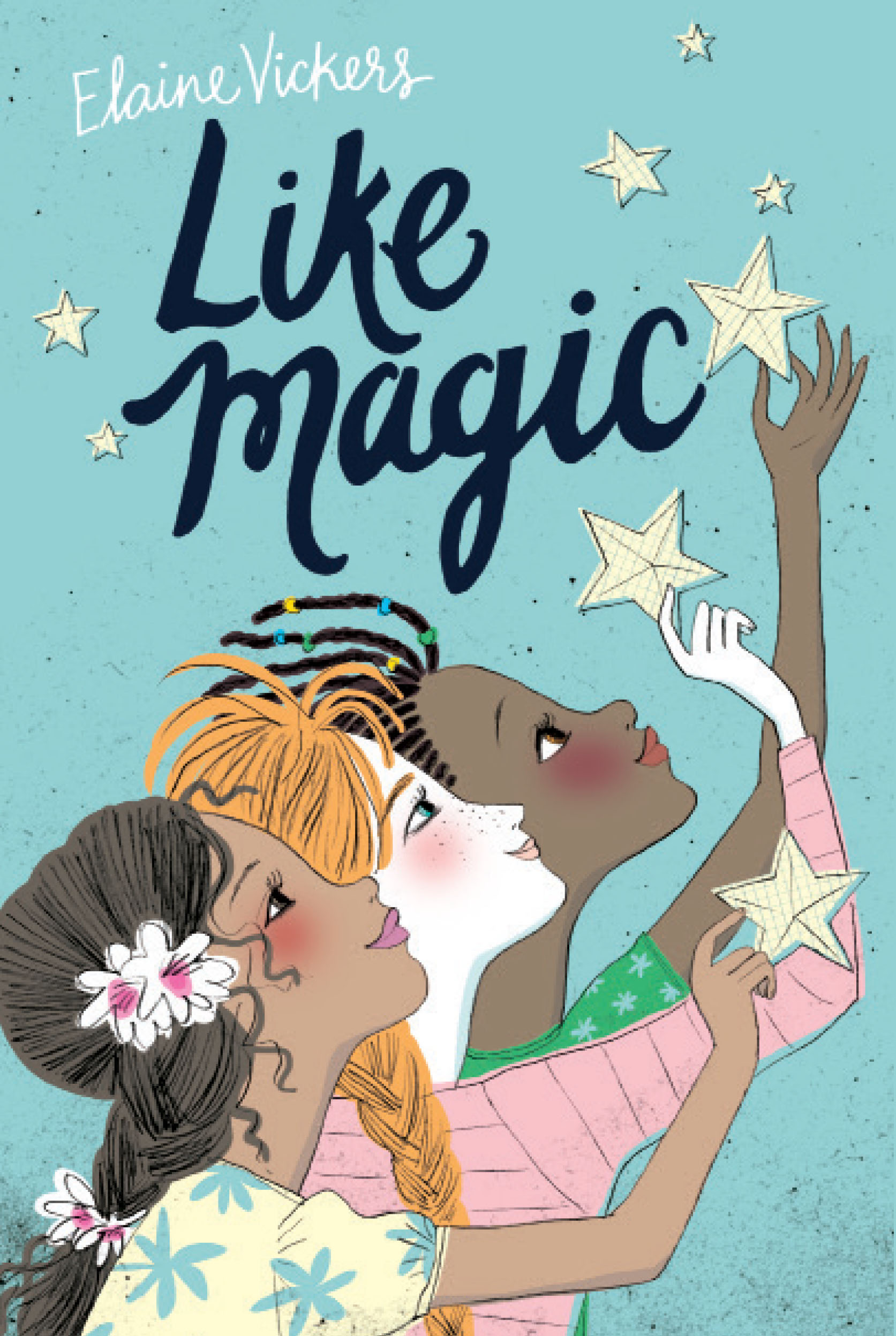
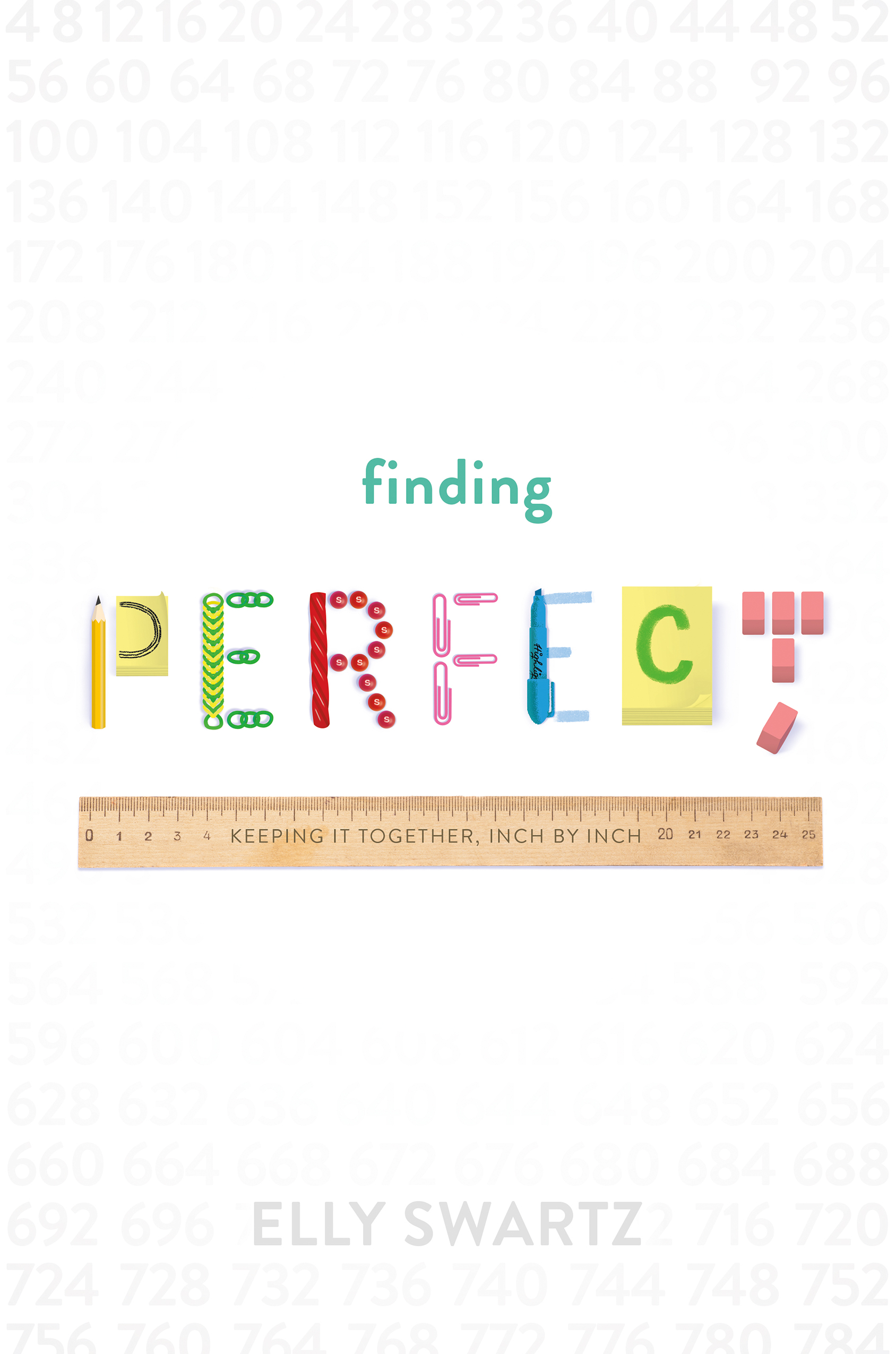
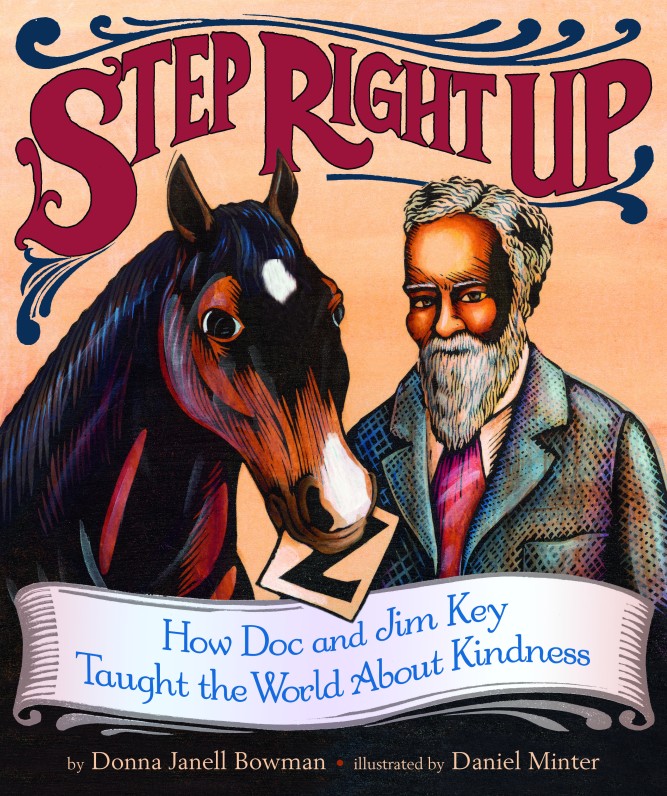
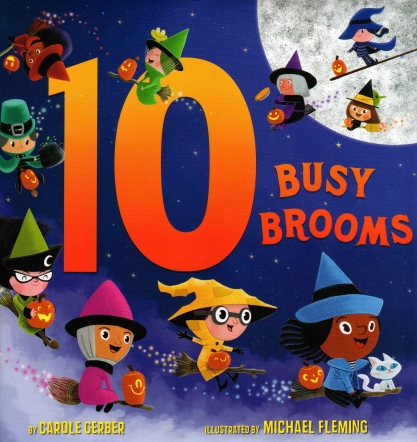
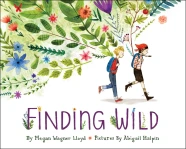
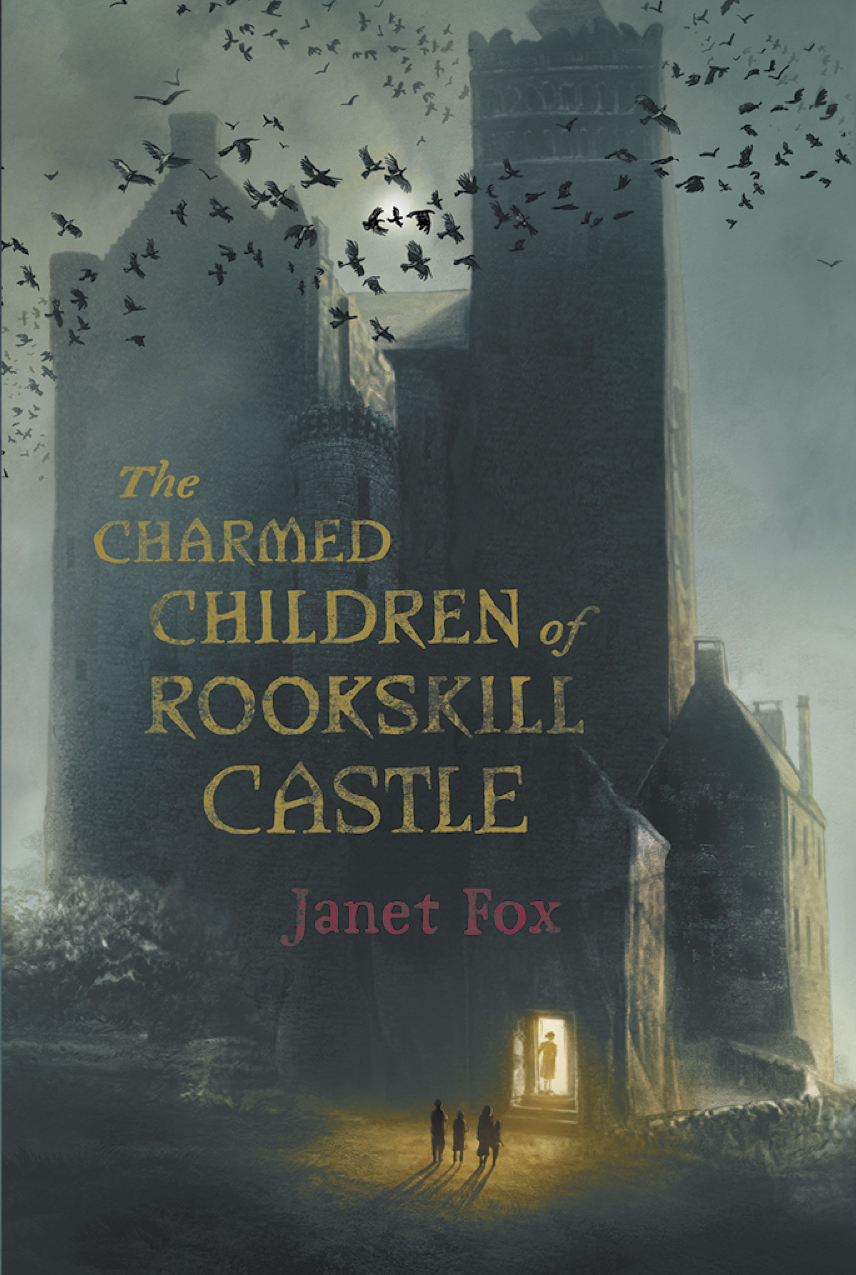
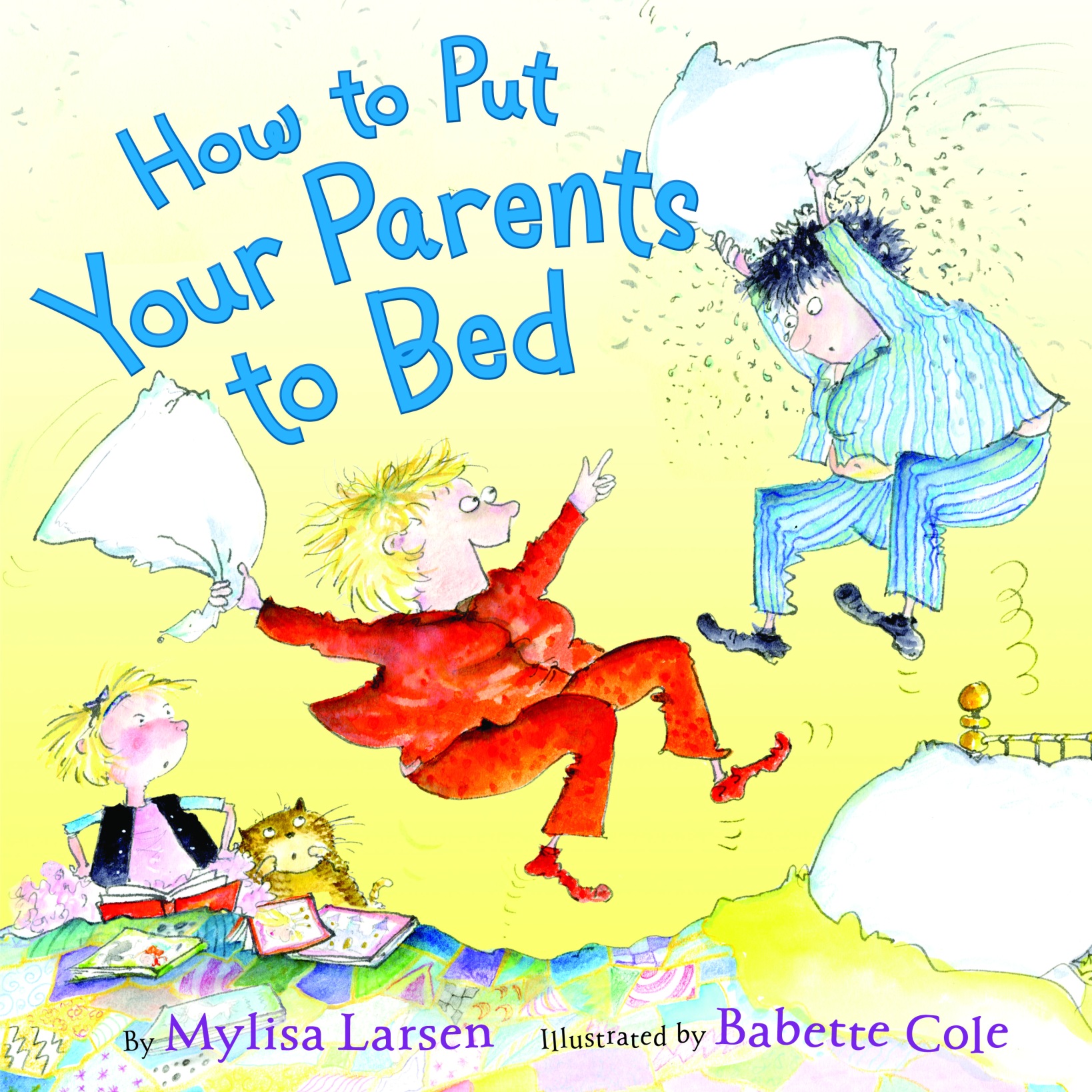



Oh, I love thinking about good vs perfect, with “good” being the better option because people actually get to read it.
That is so key and so wise. Sometimes I just can;t get over how helpful this blog is!
LikeLike
I’m glad it was useful, Ann!
LikeLike
Beautiful, Laurie. My neurologist introduced me to the idea of perfect being the enemy of good while we were getting my migraines under control, and it’s something I’ve had to keep remembering because I do have a problem with perfectionism. Get it done, make it better, get it out.
I agree with Ann — this is a great place to think and talk about writing! Thanks, EMUs!
LikeLike
Yes, the hard part is where to draw the line on making it better! 😉
LikeLike
I love this way of thinking, Laurie. Thank you for writing it down. Often when I press send on a ms. I have this thought: This is as much as I know right now. If I don’t let the ms. go, I can’t move on and learn the next thing in my craft.
LikeLike
“If I don’t let the ms go, I can’t move on and learn the next thing in my craft.” Oh, I love that, Lindsey. Yes!
LikeLike
Great posts this week. I’m in agreement with both you and Tara–we can’t let our sense of self get overshadowed by our book and how it’s perceived, but our books are a part of us. Lots of food for thought from both you and Tara.
LikeLike
Great quotes! I very much relate. I also loved this: “An author has to make all sorts of complicated decisions and compromises to force their myriad ideas into a static form.” I hadn’t thought about it quite like that, but it’s true.
LikeLike
I love everything about this post, Laurie. Thank you for keeping the discussion going!
LikeLike
Thanks for the quotes. I’ve come to a point in my current ms where I think, “It’s good enough” and that absolutely terrifies me.
LikeLike
Great post. I especially love this: “The trick is to remember that a book is the finite product that results from an infinite process.”
LikeLike
Really nice post to pair with Tara’s this week. I needed to read this because I think I have the tendency to think I can get to “perfect” … which isn’t possible. The thoughts you shared are helpful 🙂
LikeLike
Pingback: I am not my book… Or am I?Laurie Ann Thompson